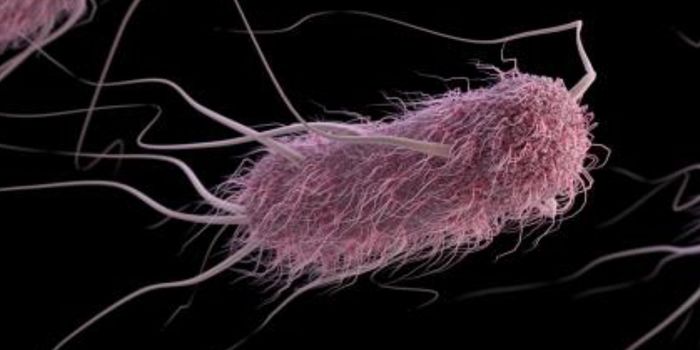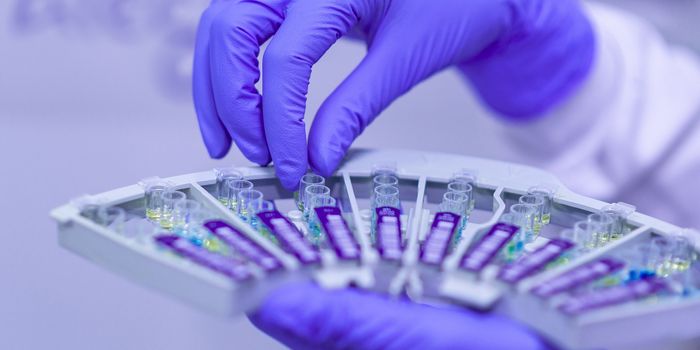Scientists Discover Many Novel Misfolded Proteins Associated with Alzheimer's
Proteins are essential to biology, and they have to assume the correct three-dimensional structure in order to work properly. Misfolded proteins can lead to many different problems. Toxic buildups of misfolded proteins have long been thought of as a hallmark of Alzheimer's disease, a neurodegenerative disorder of aging that causes cell death in the brain, and cognitive decline. The disease is thought to involve midfolded proteins known as beta-amyloid. But scientists have now found over 200 different kinds of misfolded proteins in the brains of a rat model of age-related cognitive decline.
These findings, which have been reported in Science Advances, could open up a new understanding of how cognition declines during aging and potentially, new ways to treat pr prevent that decline.
"Amyloids are the buildup of misshapen proteins. They're big and ugly and easy to see under the microscope, so it makes sense that they catch our attention. But we're seeing hundreds of proteins misfolding in ways that don't clump together in an amyloid and yet still seem to impact how the brain functions," said Stephen Fried, an assistant professor of chemistry at Johns Hopkins University. "Our research is showing that amyloids are just the tip of the iceberg."
In this study, the scientists assessed seventeen-year-old rats that had grown up in the same group. Seven of the rats did not do well when tested on their memory and problem-solving abilities; these rats were classified as cognitively impaired. However, another ten of the rats did just as well on their tests as rats that were only six months old.
The investigators then compared the levels of over 2,500 different hippocampal proteins in these rats. The hippocampus is a part of the brain that is known to be important to learning and memory.
This work revealed that many proteins were not shaped correctly; they were improperly folded. The scientists then began to ascertain which proteins were misfolded in the rats, and were most likely present due to aging, and which misfolded proteins were only found in rats with cognitive decline.
There were over 200 misfolded proteins that were only found in the rat group with cognition problems, and not in rats with normal cognition. Some of these proteins may, therefore be related to cognitive decline in people.
"We think there are a lot of proteins that can be misfolded, not form amyloids, and still be problematic," Fried explained. "And that suggests these misfolded proteins have ways of escaping this surveillance system in the cell."
Healthy cells are usually able to identify and remove improperly folded proteins, but the process clearly goes wrong in some cases.
The researchers want to learn more about the structure of the aberrant proteins found in this study, and about what may be happening in the brain because of them.
"A lot of us have experienced a loved one or a relative who has become less capable of doing those everyday tasks that require cognitive abilities," Fried said. "Understanding what's physically going on in the brain could lead to better treatments and preventive measures."
Sources: Johns Hopkins University, Science Advances









